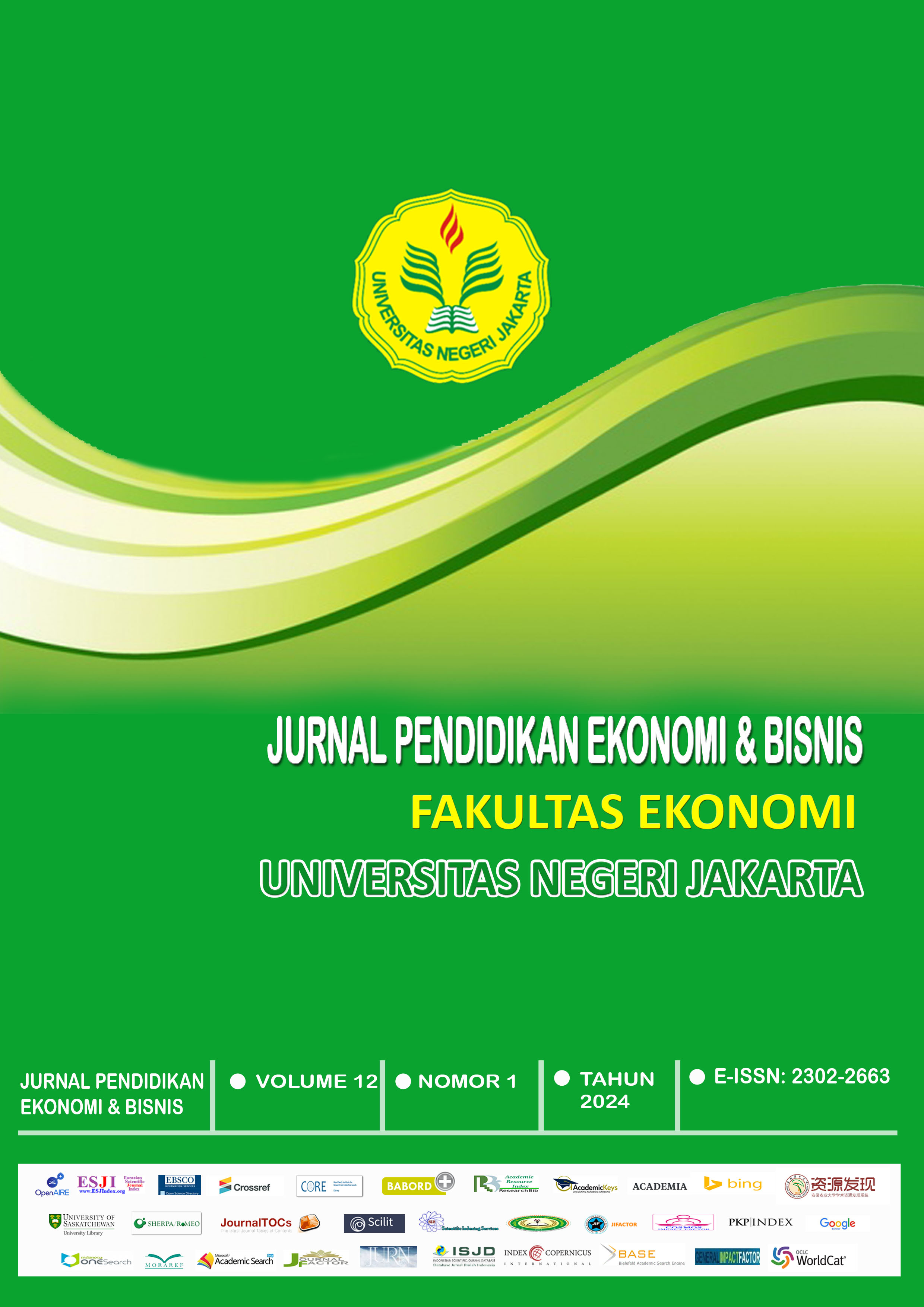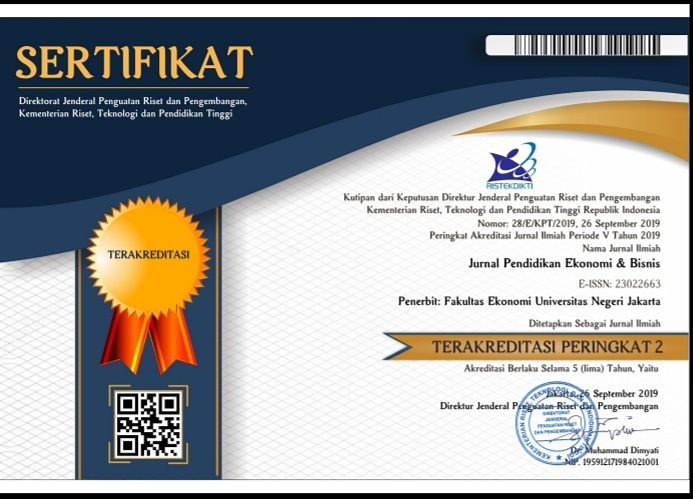Transformational Leadership and Behavioral Innovation in Education: A Meta-Analysis
DOI:
https://doi.org/10.21009/JPEB.012.1.3Keywords:
Transformasional Leadership, Innovative Behavior, Meta AnalysisAbstract
Educational changes present significant challenges and opportunities for organizations to grow and develop in response to evolving demands. These changes become opportunities when accompanied by appropriate behaviors at both individual and organizational levels. This study aims to examine the impact of transformational leadership on innovative behavior based on previous studies. A meta-analysis method was employed to analyze research data using Comprehensive Meta-Analysis (CMA) software. The findings indicate that 89% of studies meeting the inclusion criteria reported a significant effect size. The placement of square boxes in the forest plot, which do not align in a straight line, suggests variation in the results among these studies. Furthermore, the average effect size of 0.338 represents the overall influence of transformational leadership on the innovative behavior of teachers or lecturers. The heterogeneity test of effect size confirms that the estimation model applied follows a random-effects model. The highest average effects were observed in five categories: international teachers (ES = 0.55), junior high school teachers (ES = 0.39), senior high school teachers (ES = 0.32), lecturers (ES = 0.30), and elementary school teachers (ES = 0.16).).
Downloads
Published
How to Cite
Issue
Section
License
Copyright (c) 2024 Suryadi, Fransiskus Sawan, Santi Anugrahsari

This work is licensed under a Creative Commons Attribution-NonCommercial-ShareAlike 4.0 International License.
Articles in Jurnal Pendidikan Ekonomi & Bisnis are Open Access articles published under the Creative Commons CC BY-NC-SA License This license permits use, distribution and reproduction in any medium for non-commercial purposes only, provided the original work and source is properly cited. Any derivative of the original must be distributed under the same license as the original.








